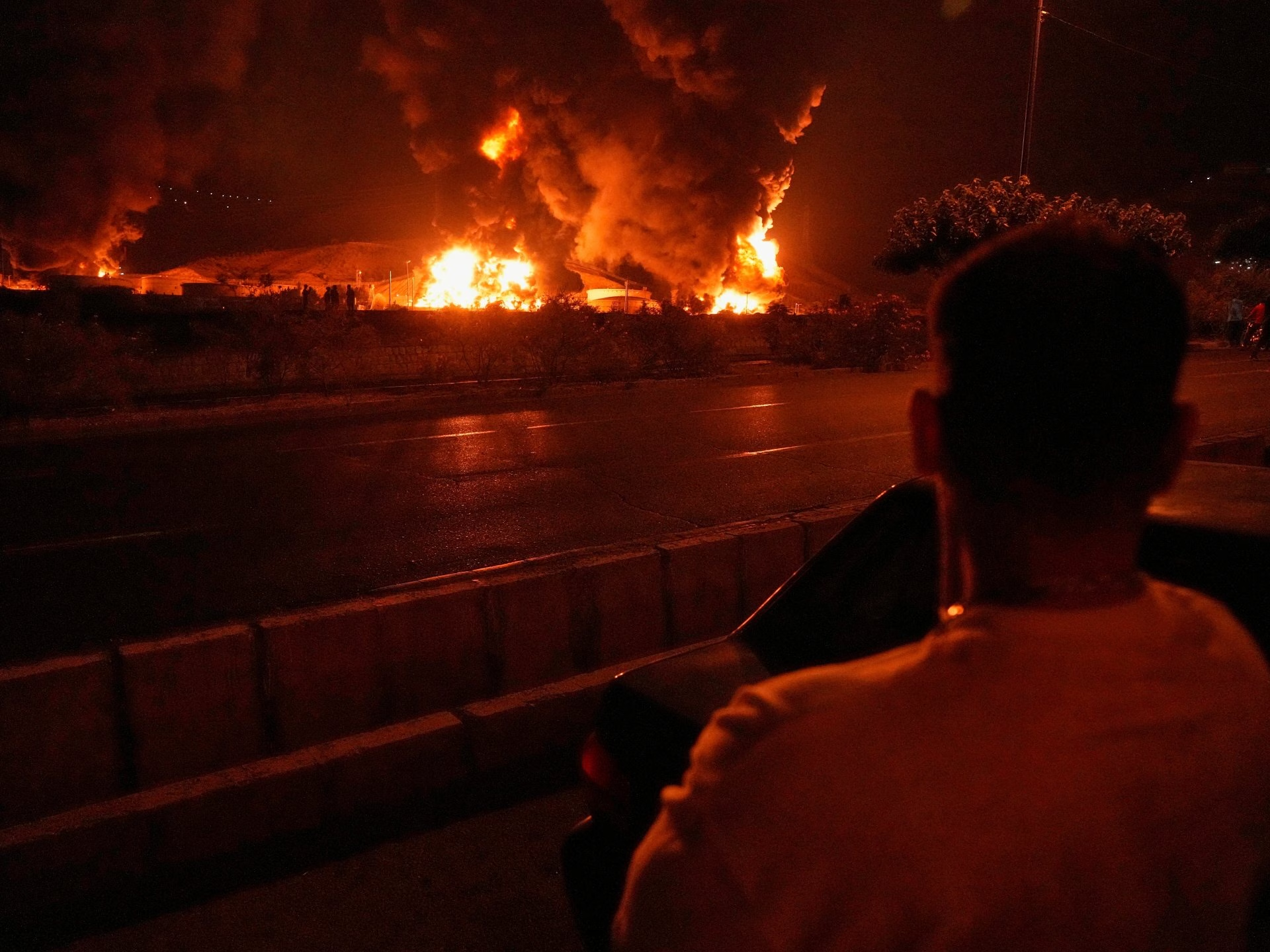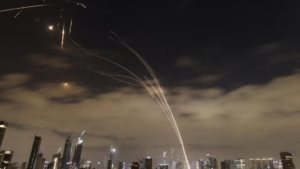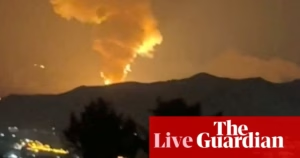However, 17 months after Israel launched strikes on Iran’s nuclear facilities and assassinated several Iranian generals and nuclear scientists, Pakistan was quick to condemn the Israeli actions. Islamabad viewed these strikes as violations of Iran’s territorial sovereignty and characterized them as “blatant provocations.”
Pakistan’s Ministry of Foreign Affairs released a statement on June 13, expressing that the international community and the United Nations have a responsibility to uphold international law, cease aggression, and hold the aggressor accountable for their actions.
As the conflict between Israel and Iran continues, with both sides striking each other’s territories for the sixth day, there are growing concerns in Islamabad. These concerns are rooted in the complex relations between Pakistan and Iran, as well as the unease surrounding the potential expansion of Israeli military influence near the Pakistani border.
To date, the Israel-Iran conflict has resulted in over 220 deaths and more than a thousand injuries. Iran has retaliated with numerous missile launches into Israeli territory, causing over 20 deaths and extensive property damage. While Pakistan has expressed strong support for Tehran and shares a 905km border with Iran via its southwestern province of Balochistan, it has also closed five border crossings since June 15, with over 500 Pakistani nationals, including pilgrims and students, returning from Iran.
Pakistan’s primary concern is the potential security implications in Balochistan, its largest province by area but smallest by population. The province is rich in natural resources and has been the centre of several rebellion movements since 1947. The government is worried about the possibility of armed groups seeking refuge in Pakistan if the conflict escalates.
In addition, Pakistan is concerned about the prospect of Israeli aerial superiority encroaching into Iranian airspace and potentially affecting Pakistan’s western border. Islamabad does not want to see Israel achieve complete air superiority over Iran, which could disrupt the current security dynamics in the region.
Security analyst Ihsanullah Tipu Mehsud notes that Pakistan has traditionally sided with the US in regional conflicts, such as Afghanistan, but may hesitate this time due to its significant Shia population. Supporting military action against a Shia-majority nation like Iran could potentially reignite sectarian tensions.
PMO-SS-1750137387.jpg
Aria-described image: Pakistani Prime Minister Shehbaz Sharif (centre) visited Tehran in May, where he met Iranian Supreme Leader Ayatollah Ali Khamenei (right) and Iranian President Masoud Pezeshkian (left)[Handout via Prime Minister’s Office]








